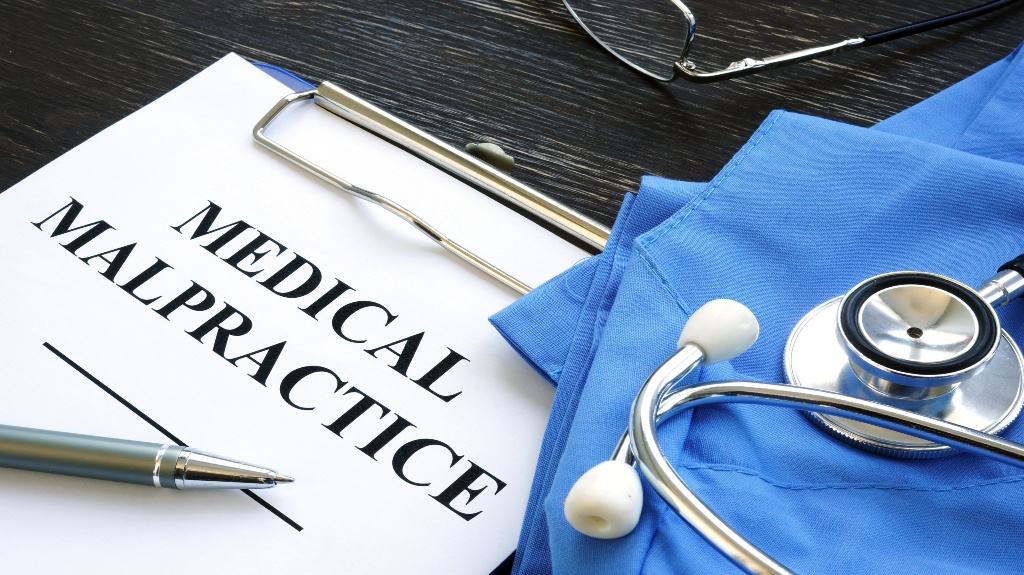VA medical malpractice is when a medical professional at any Department of Veterans Affairs hospital/facility provides poor service, resulting in injury or harm to the patient. Veterans who have received a misdiagnosis, substandard care, or negligent care while in the care of a VA medical facility may have a case for a medical malpractice suit. This blog will provide information for veterans and their families on how to effectively navigate a VA medical malpractice claim in order to receive the compensation and justice they deserve.

Eligibility for Filing a VA Medical Malpractice Claim
To be eligible to file a VA medical malpractice claim, a veteran must:
- Have received treatment at a VA facility
- Demonstrate that they suffered injury or harm as a direct result of negligence by a VA healthcare provider
- Prove that the VA healthcare provider deviated from the accepted standard of care
Here are some common VA medical malpractice situations:
- Medication errors: Prescribing the wrong medication or dosage, or not keeping track of a patient’s medications and their interactions.
- Surgical errors: Operating on the wrong part of the body, leaving instruments inside the body after surgery, or anesthesia errors.
- Misdiagnosis: When a health care provider gives a diagnosis that doesn’t match the patient’s actual condition.
- Failure to treat: Failing to diagnose a patient’s condition in time to prevent complications, which can be life-threatening depending on the circumstances.
The Federal Tort Claims Act (FTCA)
The Federal Tort Claims Act (FTCA) allows individuals to seek compensation for damages caused by negligence on the part of U.S. government employees. Veterans who experience medical negligence within the VA healthcare system can seek compensation under FTCA, which allows veterans to sue the U.S. government for negligence.
Gathering Evidence for Your Claim
Detailed documentation is essential for building a strong VA medical malpractice claim. Accurate and detailed records help prove that the VA healthcare provider’s care fell below acceptable standards and caused significant harm.
Some types of evidence you may need include:
- Medical Records: These include medical charts, test results, treatment plans, and discharge summaries. Proper medical records help establish the standard of care provided and any deviations from it.
- Expert Opinions: Obtaining expert opinions from medical professionals can help determine whether the care provided was improper. These experts can review the case and provide testimony about the standard of care and how it was improper.
- Witness Statements: Witness statements, such as those of VA staff or other patients, can provide additional context and support the claim. They can attest to the conditions and the nature of the care received.
Step-by-Step Guide to Filing a Claim
1. Gather Documentation: Collect all relevant medical records from the VA that prove VA medical malpractice occurred. Make sure you have records that prove the negligence, such as treatment notes, test results, and expert opinions.
2. Complete Key Forms: Make sure you complete Standard Form 95 (SF-95), this is the main form used to file a claim. It requires detailed information about the incident, the harm suffered, and the compensation sought. You can download the SF-95 from the official government website.
3. Prepare Your Claim: Write a detailed description of the medical malpractice, including dates, what occurred, and how it impacted you, and include all relevant supporting documents.
4. Submit the Claim: Send your completed SF-95 and supporting documents to the VA’s regional office or the office where the malpractice occurred.
How Can an Attorney Help with VA Medical Malpractice?
Do you have a medical malpractice claim? Veterans Law Attorneys are here to help answer your questions. Legal cases can be complicated – and even more complicated when the government is involved. We are here to help you navigate the administrative claims process with legal advice, document completion, and more to ensure that you receive the compensation you deserve.
Contact Veterans Law Attorneys today to enlist our services as a VA medical malpractice attorney in Cincinnati, OH.






